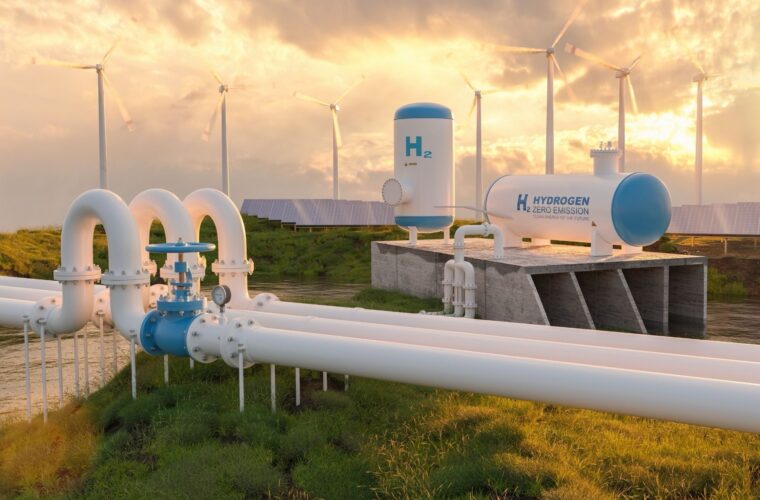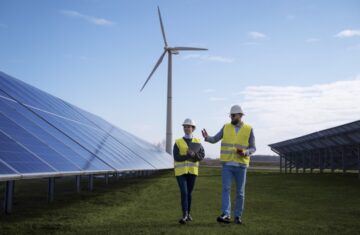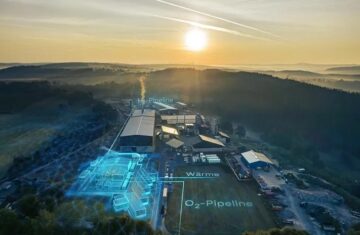ADVERTISEMENT
A framework agreement between Mauritania and Saudi Arabia aims to facilitate the exchange of expertise in the areas of clean hydrogen, renewable energy, and electricity as well as to look into possible opportunities.
Saudi Arabia’s Prince Abdulaziz bin Salman, Minister of Energy, and Nany Ould Chrougha, Minister of Petroleum, Mines, and Energy of Mauritania signed this agreement, which was formalized during the recent World Economic Forum Special Meeting in Riyadh.
In renewable energy sectors like solar, wind, waste-to-energy, and geothermal energy, the memorandum of understanding (MoU) outlines plans to promote knowledge sharing and the identification of collaboration prospects. Furthermore, through a variety of development initiatives, the agreement highlights efforts to improve the electricity system’s security and reliability.
Additionally, the agreement intends to investigate potential collaborations in clean hydrogen and energy technologies, as well as opportunities for cooperative project development and technology transfer in the electricity and renewable power sectors. By using effective techniques and procedures to lessen their negative effects on the environment, these initiatives aim to promote the adoption of cleaner fossil fuel technologies. Initiatives to increase the efficiency of energy production and consumption fall under this category, as does the separation, capture, storage, and utilization of carbon dioxide.
Mauritania has abundant wind and solar resources in the northwest African region, according to an International Energy Agency (IEA) report on the country’s prospects for renewable energy. Large-scale use of these resources could play a significant role in promoting sustainable economic growth and attaining universal access to electricity.
ADVERTISEMENT
Expanding Mauritania’s renewable energy capabilities could yield benefits, according to an IEA report, which is the first of its kind to focus exclusively on the country. It implies that expanding these resources to generate affordable renewable electricity and hydrogen via electrolysis could draw large investments and spark Mauritania’s energy system transformation, thereby closing access gaps to electricity and fostering sustainable and clean development.
The report also looks at how much water is needed to produce hydrogen and assesses whether it is feasible to increase access to drinkable water by desalinating seawater. These analyses offer important insights into Mauritania’s potential for renewable energy sources and its larger sustainability goals.



